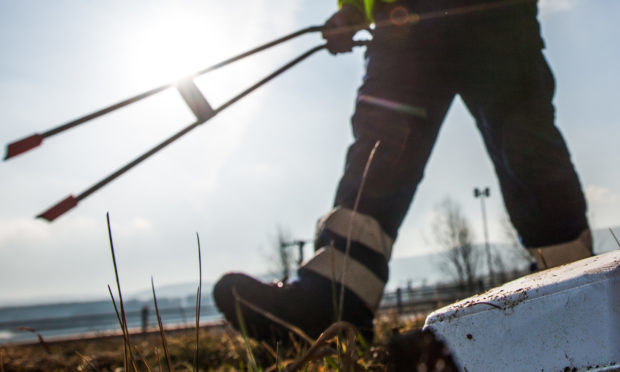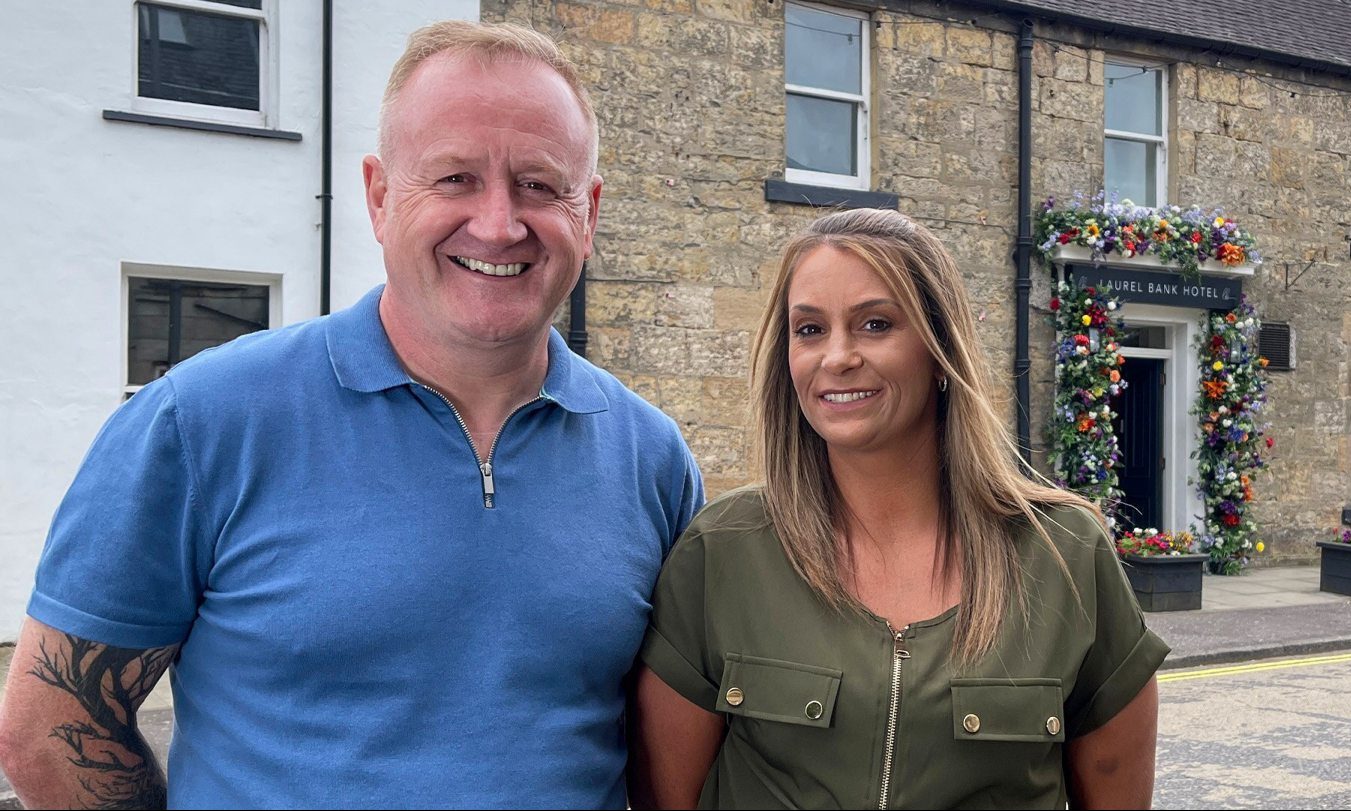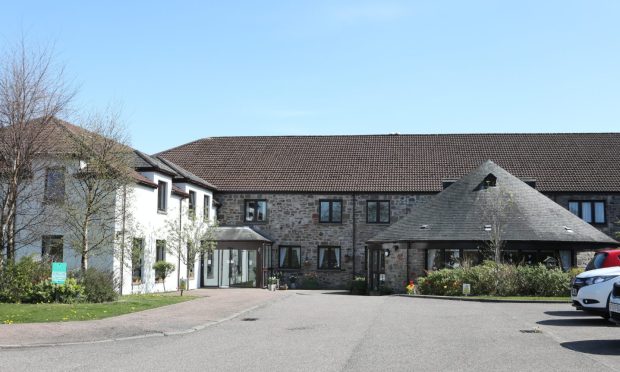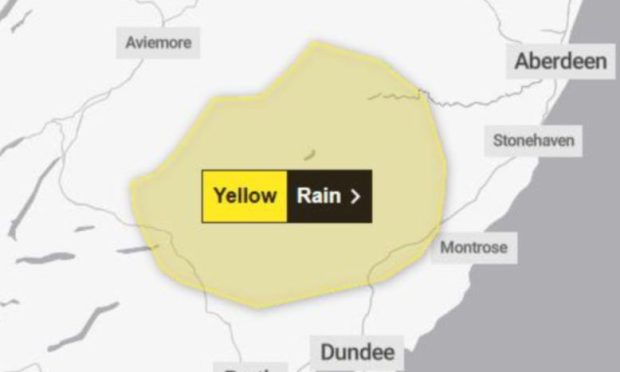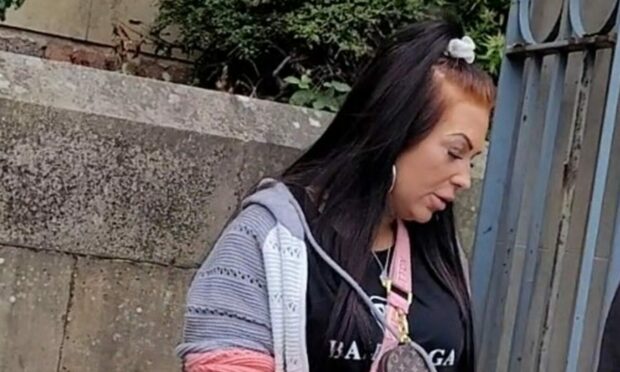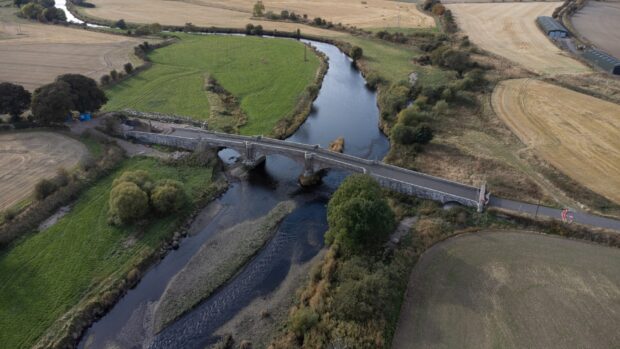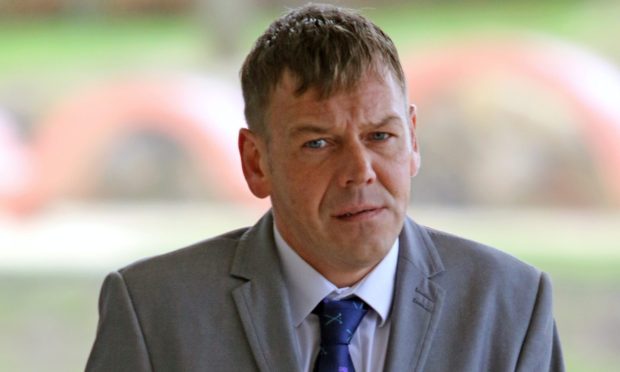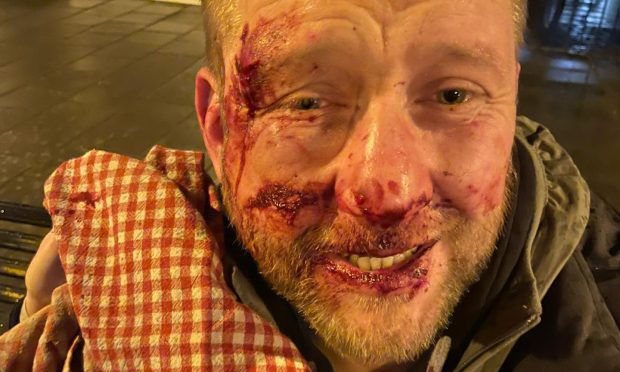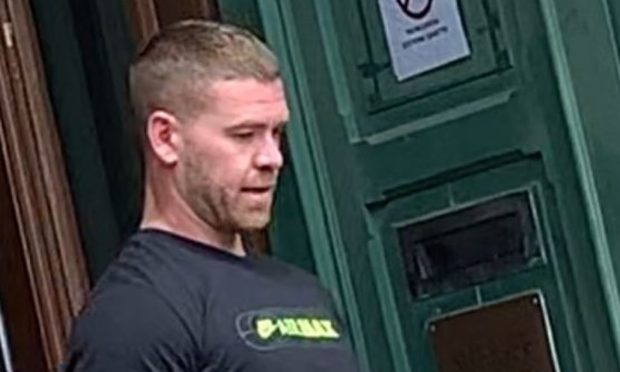Streets across the Mearns are being transformed by offenders paying their dues to society.
Inverbervie is already reaping the rewards of unpaid work being carried out by people on community payback orders.
A local community leader is proposing using people who have been sentenced to community service to clear roads and pavements of snow in the winter.
The penalties were introduced in Scotland in 2011 as a non-custodial alternative to imprisonment and are widely used across the country.
Mearns SNP councillor Leigh Wilson has been working with Aberdeenshire Council to ensure Mearns settlements see the benefits.
He said: “Laurencekirk has a lot of exciting projects developing at the moment – the Memorial Park regeneration and the Mearns Healthy Living Network, for example – and if offenders can help support these groups’ endeavours then it is a good use of public time.
“Bervie already has an established group dedicated to showcasing the beauty of the burgh and offenders have so far helped clean the seafront and re-paint the Cutty Sark pedestal.
“Those who have been involved in the project have contributed well and that is exactly the kind of ethos I want to see replicated across the Mearns.
“I want to ensure that offenders aren’t just given jobs for the sake of completing their sentence; I want to know that the community are seeing real results, and so far that has been the case.”
Since the inception of the scheme in 2012, more than six million hours of unpaid work has been completed by offenders across Scotland, while the reconviction rate has plummeted to an 18-year low.
Mr Wilson said there was scope to make more of the scheme.
“If people do wrong they should pay something back to the community – I think most people would agree with that,” he said.
“With payback orders, communities can see justice being done and, most importantly, real improvements in terms of local cleanliness and general aesthetics.
“Snow clearing operations are also a possibility so, particularly in smaller residential areas where the council struggles to reach, this may be worth exploring.
“I am mindful of making sure payback orders are used on the basis of need as opposed to compensating for a loss of a council service but, on the whole, the whole idea of restorative justice is a good one as long as justice is seen to be done.”
A Scottish Government spokesman said: “People released from a custodial sentence of 12 months or less are reconvicted almost twice as often as those sentenced by the courts to a community payback order.
“Our firm focus on more robust community sentencing, including the introduction of CPOs, has helped bring Scotland’s reconviction rates to an 18-year low, contributing to the large fall in crime over the last decade to a 43-year low.”
